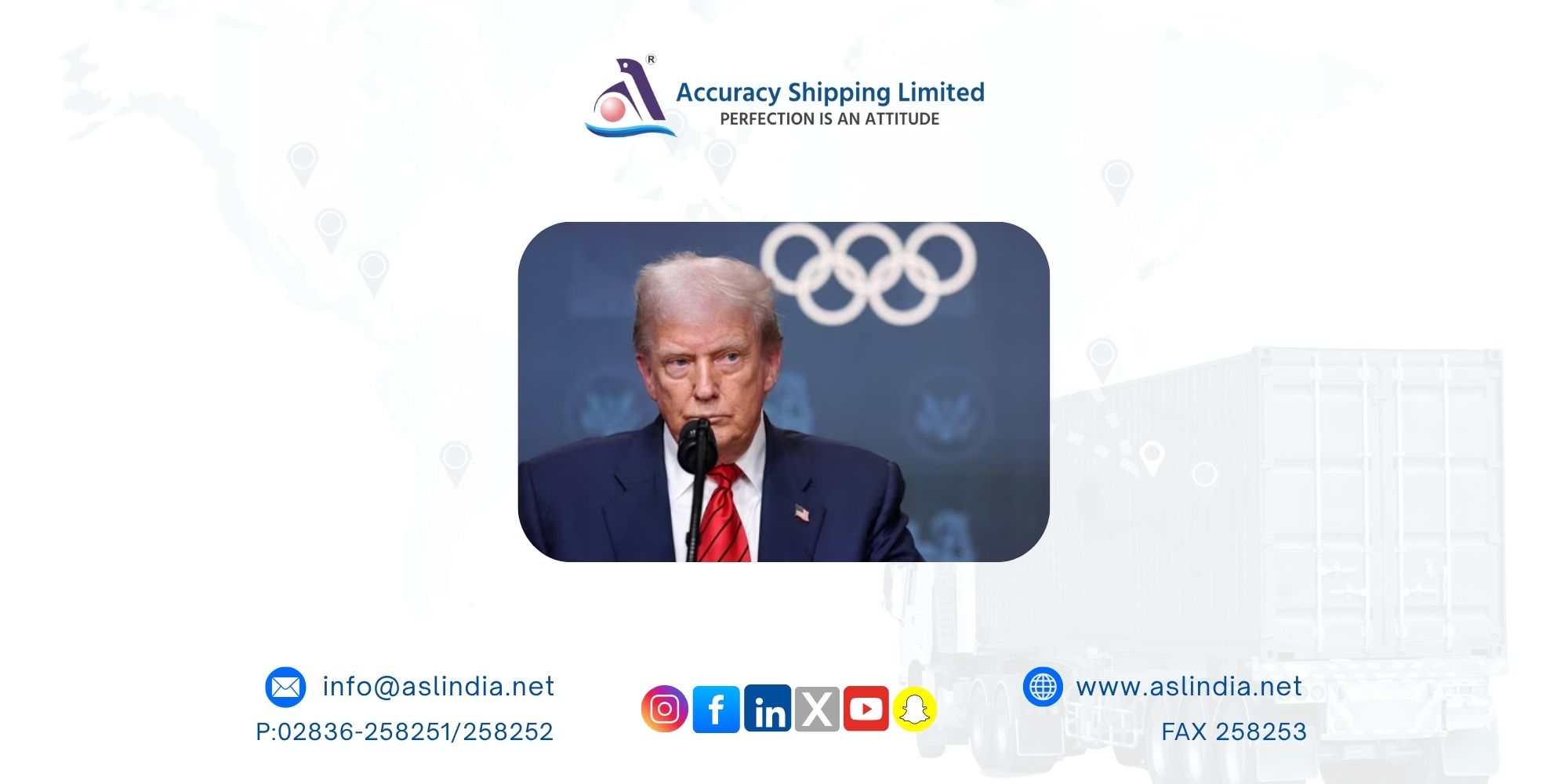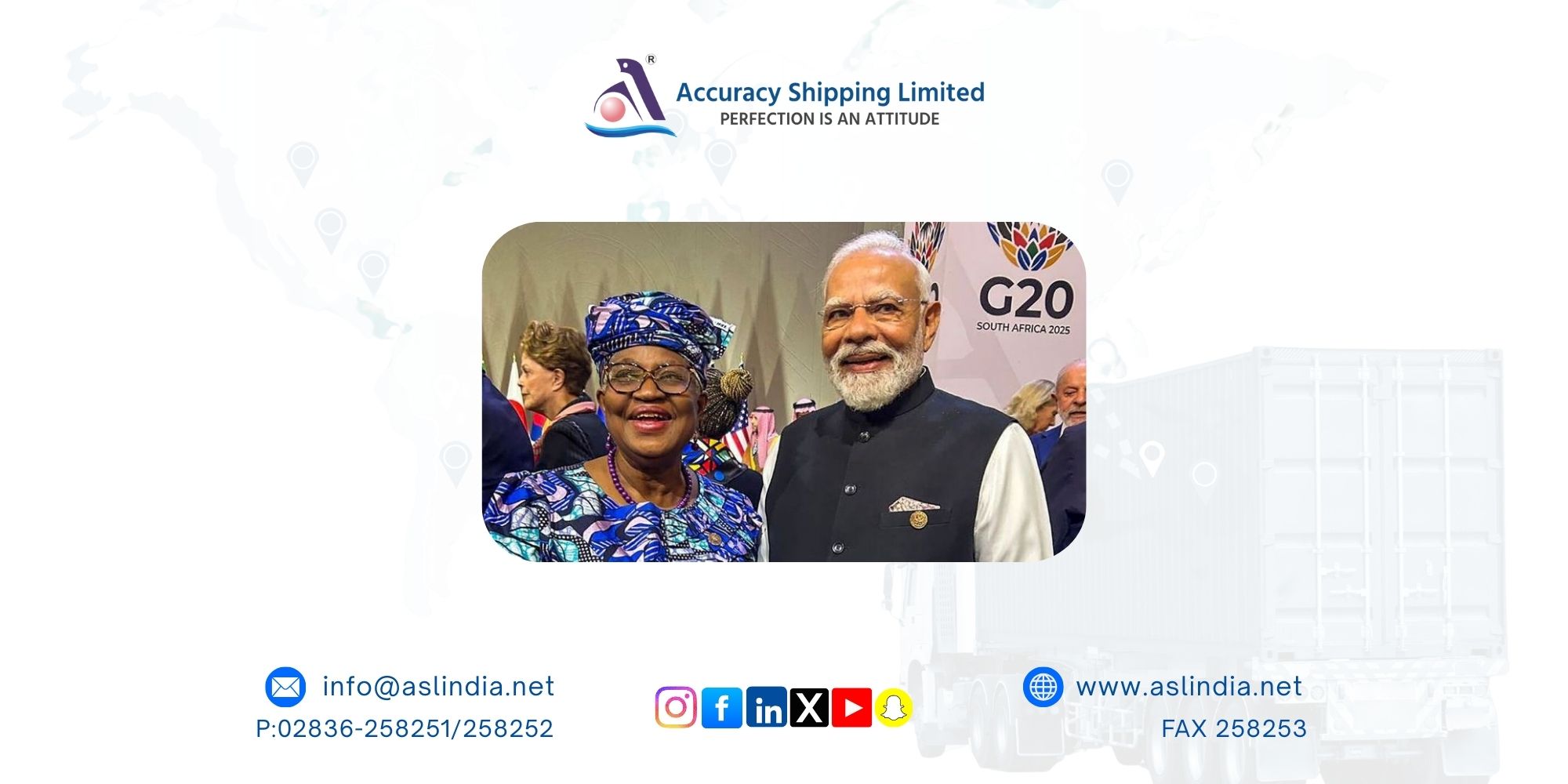Trump reacts to India citing US trade with Russia amid tariff threat: 'Don't know...'

Introduction
Tensions between the United States and India are once again in the spotlight as former US President Donald Trump escalates his rhetoric on trade policies. With looming tariff threats and sharp criticism over India’s continued trade ties with Russia, New Delhi has defended its economic choices, pointing fingers right back at Washington’s own dealings with Moscow. The standoff highlights not just the complexity of global trade in a geopolitical context but also the deepening divide between political posturing and pragmatic diplomacy.
Trump's Tariff Threats and India’s Response
Just days ahead of his self-imposed August 1 deadline, Trump announced a 25% tariff on Indian imports, with hints of raising the rate further. His reasoning? India’s ongoing purchases of military equipment and oil from Russia, which he claims contributes to “fueling the war machine.” Trump referred to India as "Russia’s largest buyer of energy, along with China," a charge New Delhi firmly rejected as misleading and selective.
In a strong rebuttal, India pointed out the United States’ own trade ties with Russia, despite condemning others for similar actions. Ministry of External Affairs spokesperson Randhir Jaiswal called out US imports of uranium hexafluoride, palladium, fertilisers, and chemicals from Russia, underlining the double standards at play.
Trump's Reaction: A Dismissive Reply
When questioned about India’s criticism of US-Russia trade, Trump appeared caught off guard. His brief response, "I don't know anything about it, I'd have to check, but we'll get back to you on that," suggested a lack of awareness or unwillingness to engage deeply with the issue.
India Holds Ground on Trade with Russia
Despite escalating threats, India has not issued any official directives to reduce trade with Russia, especially in vital sectors like defence and energy. The Indian government maintained that its strategic decisions are guided by national interest, market availability, and global realities, rather than foreign pressure.
Jaiswal reiterated that India’s defence and energy procurement is driven solely by strategic and economic priorities, stating, “The sourcing of our energy needs... we are guided by what is available in the markets and by prevailing global circumstances.”
Support from Within Trump’s Party
Interestingly, Trump’s hardline stance hasn’t been universally accepted, even within his own political camp. Indian-American leader Nikki Haley defended India, calling it a “strong ally” and pointing out the hypocrisy of giving China a larger buyer of Russian and Iranian oil a 90-day tariff pause.
She posted on X (formerly Twitter), “Don’t give China a pass and burn a relationship with a strong ally like India.”
The Larger Geopolitical Context
This trade dispute unfolds in the broader context of the Russia-Ukraine war, where countries like India have opted to continue economic engagement with Russia despite Western sanctions. According to Reuters, India imported over $50.2 billion worth of Russian oil in 2024-25, taking advantage of discounts offered amidst global energy volatility.
Trump has previously threatened 100% tariffs on countries continuing to trade with Russia, though he later clarified, “I never said a percentage... but we’ll be doing quite a bit of that.” The ambiguity leaves room for unpredictability in future US trade actions.
Conclusion
As India stands its ground, citing economic sovereignty and global market realities, and Trump continues to escalate his rhetoric, the US-India trade relationship faces a critical test. In a globalised world where alliances shift and economic needs drive policy, maintaining balance between strategic partnerships and domestic priorities remains a delicate act for both nations.
How this high-stakes diplomatic and trade drama plays out could shape the future of US-India relations, especially in the context of evolving geopolitical challenges and global trade realignments.







